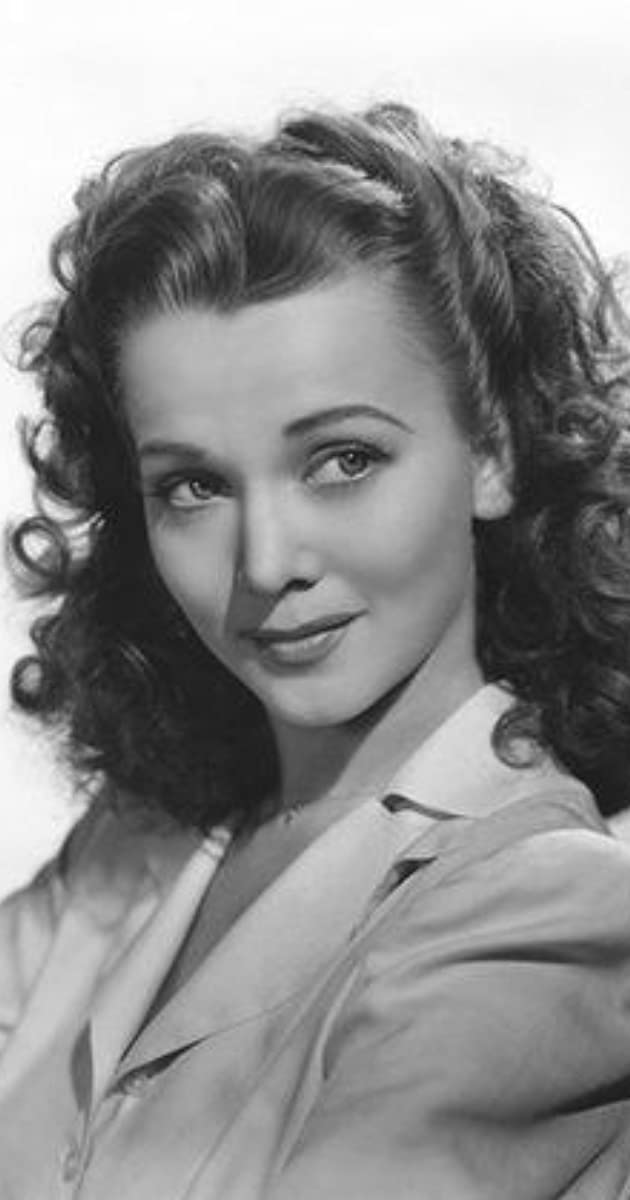
Carole Landis was born on New Year’s Day in 1919 in Fairchild, Wisconsin, as Frances Lillian Mary Ridste. Her father, a railroad mechanic, was of Norwegian descent and her mother was Polish. Her father walked out, leaving Carole, her mother and an older brother and sister to fend for themselves.
After graduating from high school, she married Jack Robbins (Irving Wheeler), but the union lasted a month (the marriage was annulled because Carole was only 15 at the time). The couple remarried in August 1934, and the two headed to California to start a new life. For a while she worked as a dancer and singer, but before long the glitter of show business drew her to Los Angeles.
She won a studio contract with Warner Brothers but was a bit player for the most part in such films as A Star Is Born (1937), A Day at the Races (1937), and The Emperor’s Candlesticks (1937). The following year started out much the same way, with more bit roles. By 1939, she was getting a few speaking roles, although mostly one-liners, and that year ended much as had the previous two years, with more bit roles; also, she and Wheeler were divorced.
In 1940 she was cast as Loana in the Hal Roach production of Man and His Mate (1940); she finally got noticed (the skimpy outfit helped), and her career began moving. She began getting parts in B pictures but didn’t star in big productions — although she had talent, the really good roles were given to the established stars of the day.
Her busiest year was 1942, with roles in Manila Calling (1942), The Powers Girl (1943), A Gentleman at Heart (1942), and three other movies. Unfortunately, critics took little notice of her films, and and when they did, reviewers tended to focus on her breathtaking beauty. By the middle 1940s, Carole’s career was beginning to short-circuit. Her contract with 20th Century-Fox had been canceled, her marriages to Willis Hunt Jr. and Thomas Wallace had failed, and her current marriage to Horace Schmidlapp was on the skids; all of that plus health problems spelled disaster for her professionally and personally.
Her final two films, Brass Monkey (1948) and Noose (1948) were released in 1948. On July 5, 1948, Carole committed suicide by taking an overdose of Seconal in her Brentwood Heights, California, home. She was only 29 and had made 49 pictures, most of which were, unfortunately, forgettable. If Hollywood moguls had given Carole a chance, she could have been one of the brightest stars in its history.


